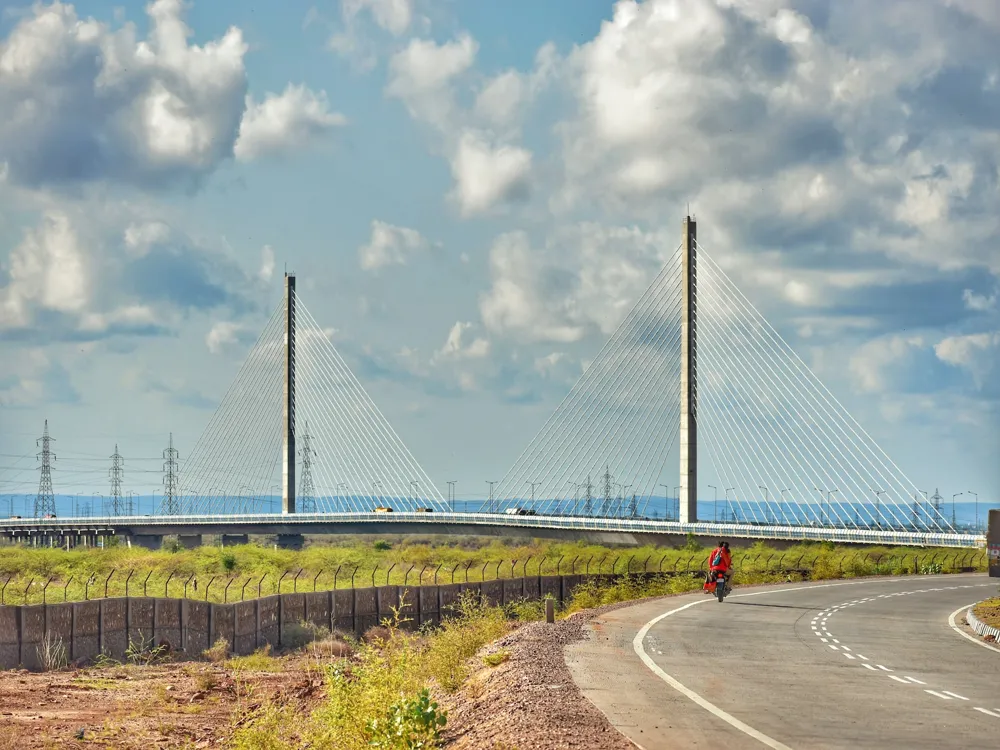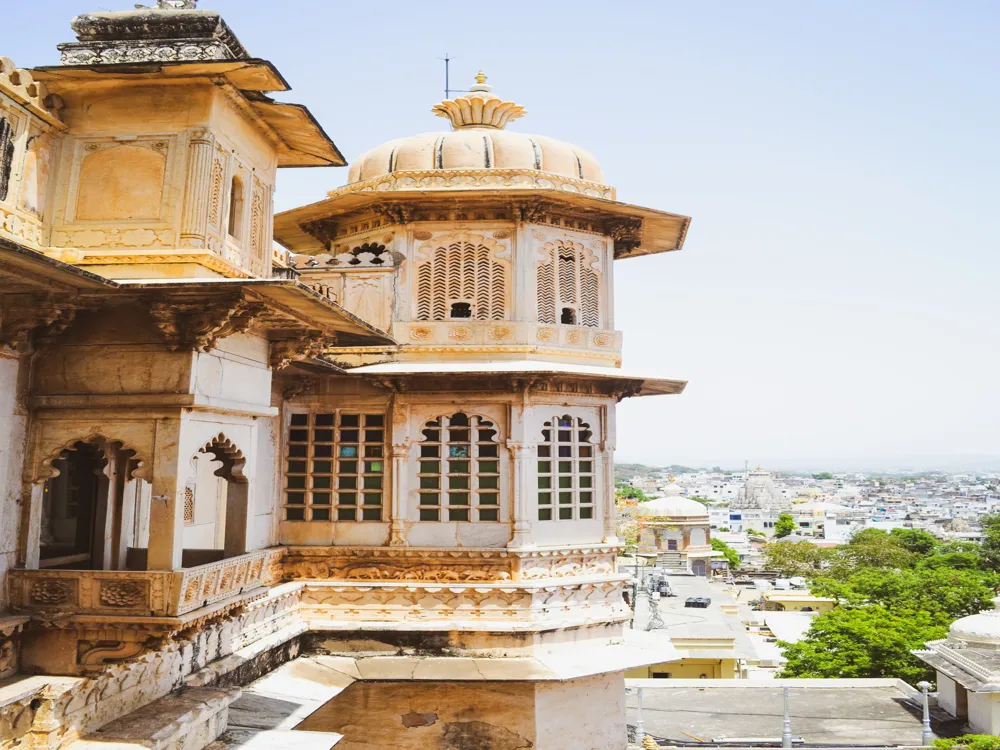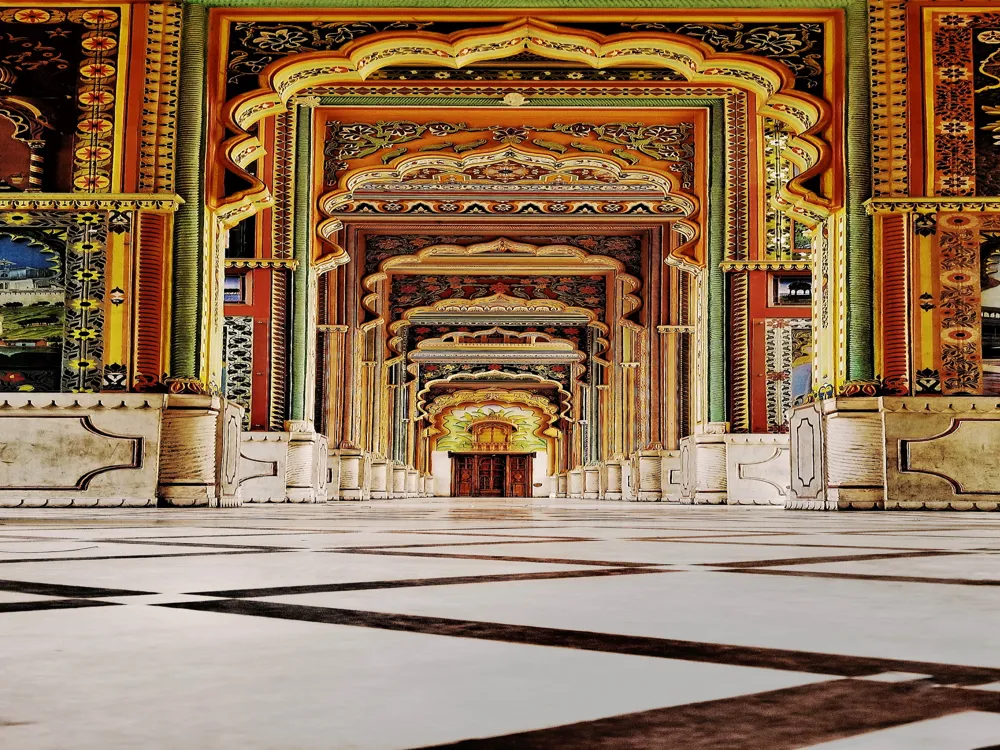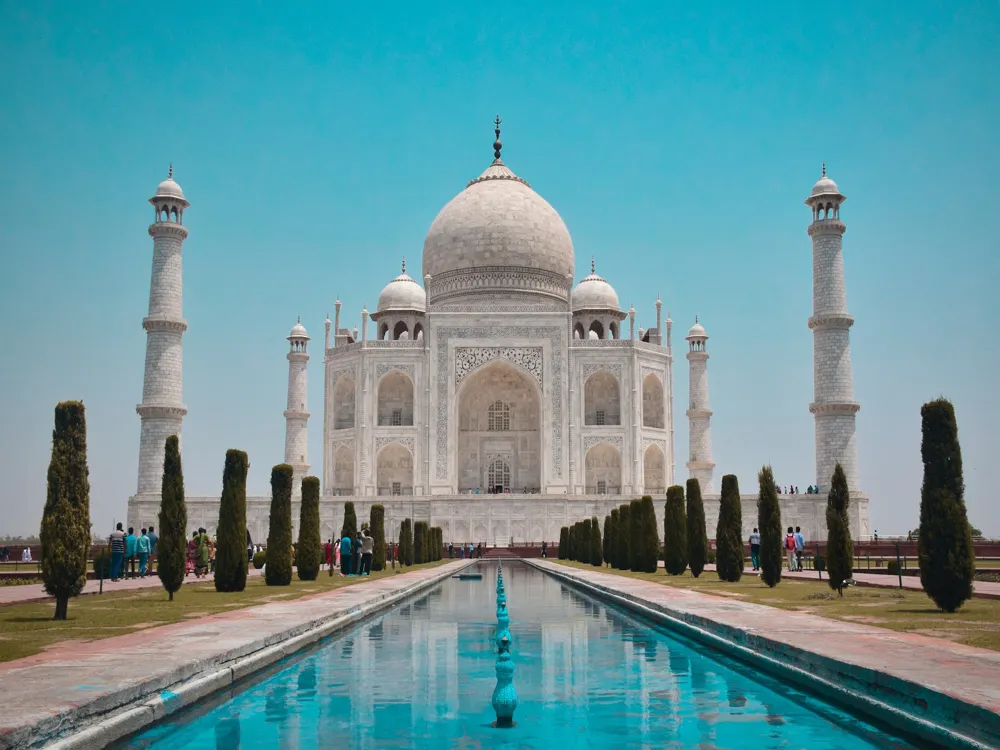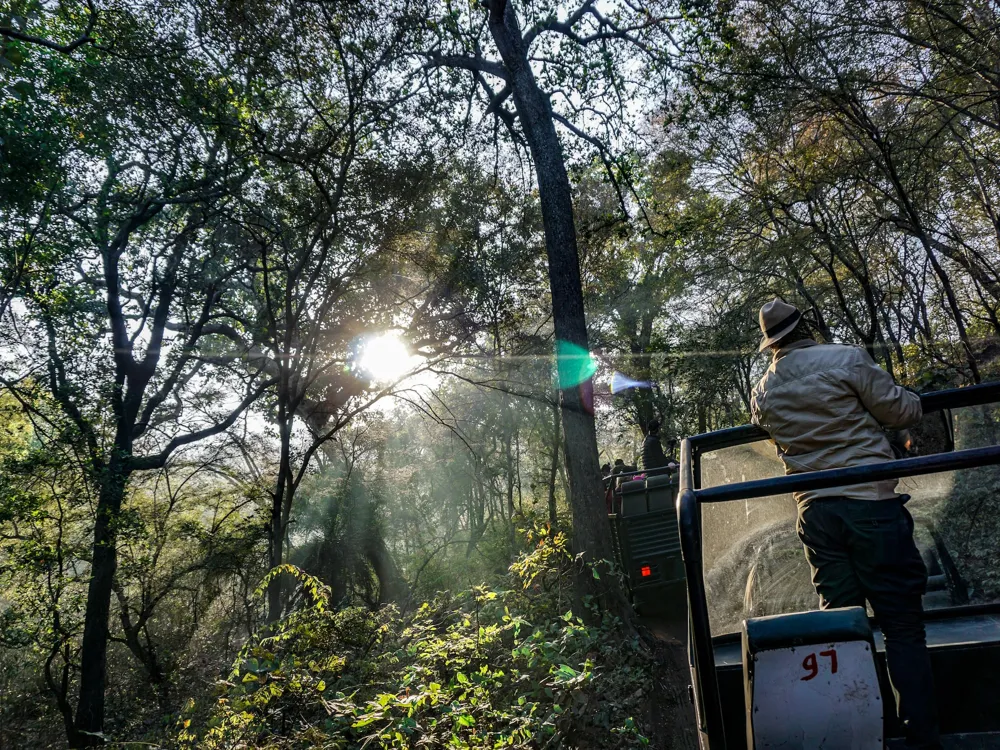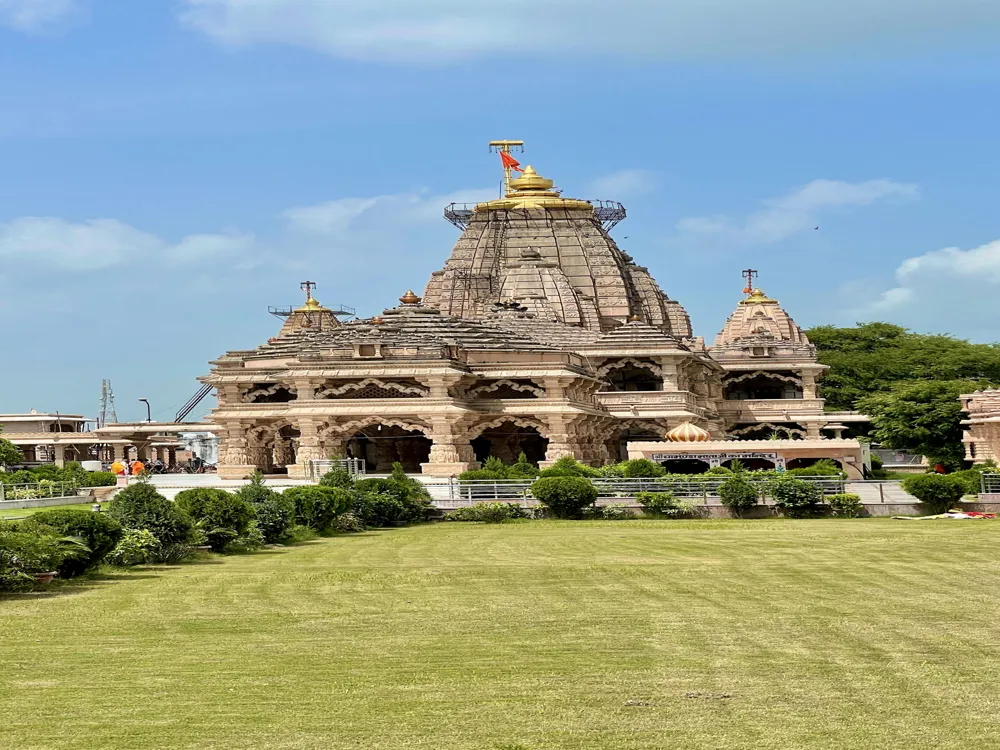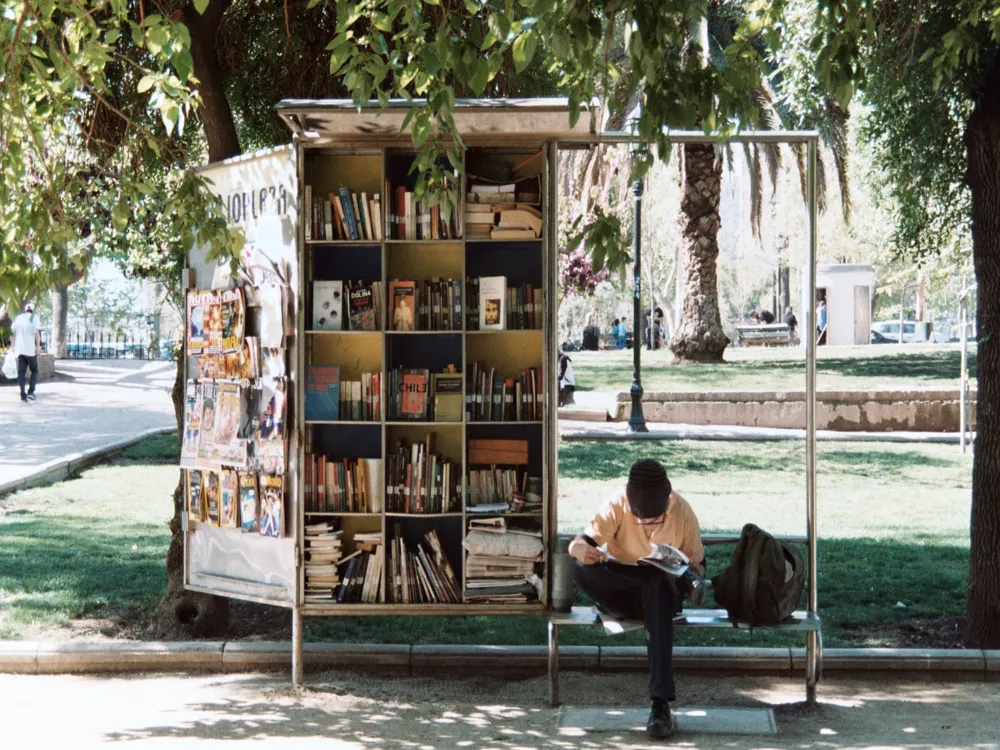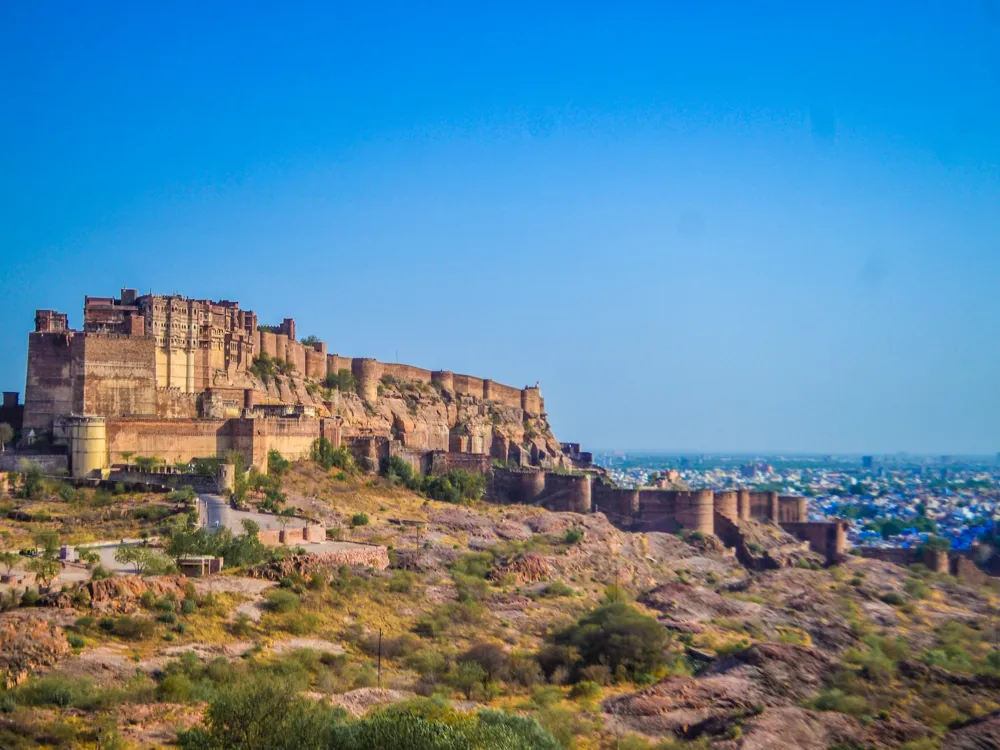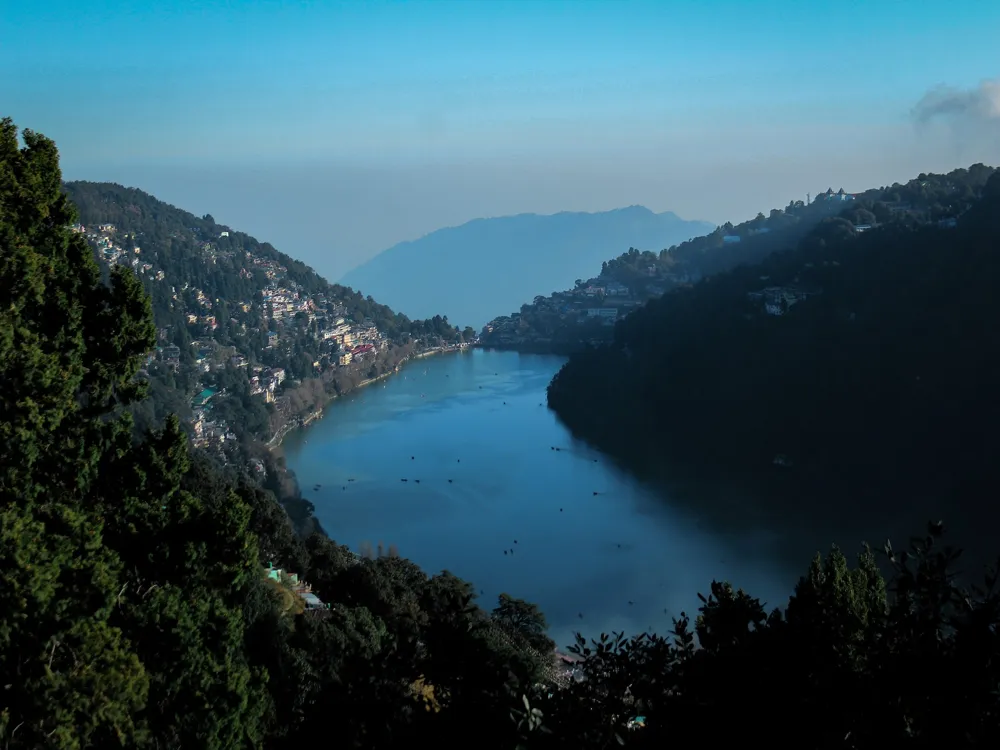Mathuradheesh Mandir, located in the vibrant city of Kota in Rajasthan, is not just a mere temple; it's a symbol of the rich cultural and religious heritage of India. This temple, dedicated to Lord Krishna, stands as a testament to the profound spirituality and historical depth of the region. The city of Kota, famed for its picturesque setting along the banks of the Chambal River, adds to the serene ambiance of the temple. Mathuradheesh Mandir, with its unique history and religious significance, attracts devotees and tourists alike from across the globe. The story of Mathuradheesh Mandir begins in the 18th century, a period marked by the rise of devotion to Lord Krishna. The temple was established by the followers of Vallabhacharya, the founder of the Pushtimarg sect, a devotional movement dedicated to Lord Krishna. This sect emphasizes the path of grace and devotion, which is vividly reflected in the practices and rituals performed in the temple. The idol of Lord Krishna enshrined in the temple is revered for its mystical aura and is believed to be a source of divine blessings. The architectural design of Mathuradheesh Mandir is a blend of Rajasthani and Mughal styles, reflecting the historical influences of the region. The temple, with its intricate carvings, splendid arches, and beautifully painted walls, stands as a beacon of artistic excellence. The main hall, where the deity resides, is adorned with stunning murals depicting scenes from Krishna's life, enriching the spiritual experience for visitors. The annual festivals celebrated in the temple, especially Janmashtami, the birthday of Lord Krishna, are grand affairs, drawing crowds in large numbers. The temple's deep connection with the local culture and traditions makes it a vital part of Kota's identity. The architecture of Mathuradheesh Mandir is a fascinating amalgamation of historical and cultural influences, mirroring the diverse legacy of Rajasthan. The temple’s design is an exquisite example of the fusion of Rajasthani and Mughal architectural styles, a rarity in Indian temple architecture. Its structure showcases the skilled craftsmanship of the artisans of the bygone era and stands as a symbol of the artistic heritage of Kota. The main entrance of the temple is a majestic gateway, leading to a courtyard surrounded by high walls, reminiscent of the Mughal influence. The entrance is adorned with intricate carvings and motifs, which are a common feature throughout the temple. The dome, a prominent feature in Mughal architecture, is beautifully crafted and adds to the grandeur of the temple. The temple’s walls and ceilings are adorned with frescoes and murals, depicting various episodes from the life of Lord Krishna, blending religious narratives with artistic expression. Inside the temple, the sanctum sanctorum houses the idol of Lord Krishna, an embodiment of divine beauty and grace. The idol is placed on a raised platform, surrounded by pillars that are marvels of Rajasthani craftsmanship. These pillars, with their intricate carvings and designs, support the beautifully carved ceiling above. The use of vibrant colors and detailed patterns in the temple's interior is a characteristic feature of traditional Rajasthani art. The temple complex also includes various halls and chambers used for religious gatherings and rituals. These spaces are designed with attention to acoustics, ensuring that the chants and hymns resonate throughout the temple, creating a mesmerizing auditory experience. The blend of structural design and artistic elements in Mathuradheesh Mandir not only enhances its aesthetic appeal but also serves to create an atmosphere of divine tranquility. Visitors are advised to dress modestly, respecting the sanctity of the temple. Traditional Indian attire is recommended, though not mandatory. Photography might be restricted inside the main temple area. It's advisable to check with the temple authorities beforehand. Familiarize yourself with the temple timings and schedule of rituals to plan your visit accordingly, and experience the spiritual ceremonies. Visitors should observe and respect local customs and practices, including removing shoes before entering the temple premises. Knowing basic Hindi phrases can be helpful, although not essential, as many locals understand English. Mathuradheesh Mandir in Kota, Rajasthan, is accessible through various modes of transportation. The city of Kota is well-connected by air, rail, and road. By Air: The nearest airport is Jaipur International Airport, which is well-connected to major cities in India. From the airport, one can hire a taxi or take a bus to Kota. By Train: Kota has its own railway station, Kota Junction, which is well-connected to major cities in India. The temple is a short drive from the railway station. By Road: Kota is connected to various cities through a network of national and state highways. Regular bus services are available from major cities to Kota. One can also opt to drive or hire a taxi to reach the temple. Read More:Overview of Mathuradheesh Mandir, Kota, Rajasthan
Architecture of Mathuradheesh Mandir
Tips When Visiting Mathuradheesh Mandir
Dress Appropriately
Photography Restrictions
Timings and Rituals
Respect Local Customs
Language
How To Reach Mathuradheesh Mandir
Mathuradheesh Mandir
Kota
Rajasthan
NaN onwards
View kota Packages
Kota Travel Packages
View All Packages For Kota
Top Hotel Collections for Kota

Private Pool

Luxury Hotels

5-Star Hotels

Pet Friendly
Top Hotels Near Kota
Other Top Ranking Places In Kota
View All Places To Visit In kota
View kota Packages
Kota Travel Packages
View All Packages For Kota
Top Hotel Collections for Kota

Private Pool

Luxury Hotels

5-Star Hotels

Pet Friendly







